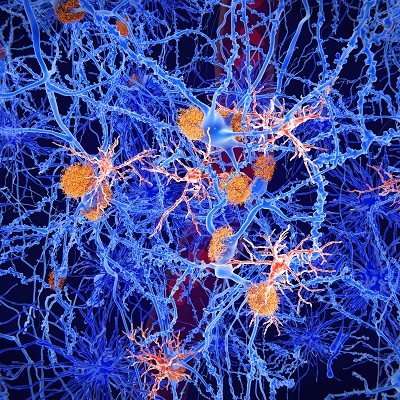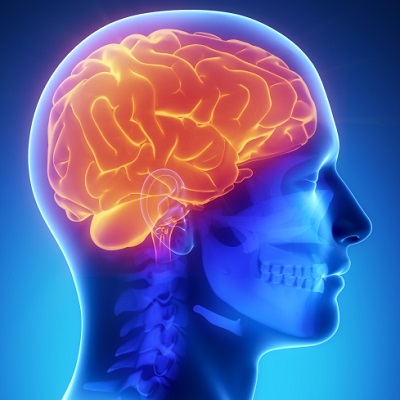 Single-cell sequencing reveals spatial map of immune cells in early-stage lung cancer
Single-cell sequencing reveals spatial map of immune cells in early-stage lung cancer
Using single-cell sequencing, researchers at the University of Texas MD Anderson Cancer Center have revealed a spatial map of tumor-infiltrating B cells and plasma cells that are prevalent in early-stage lung cancers, providing a basis for finding new immunotherapy targets. Read More
 Scientists create mouse embryo only from embryonic stem cells
Scientists create mouse embryo only from embryonic stem cells
An international team of researchers has developed a mouse embryonic stem cell-based (ESC) in vitro model. They used only ESCs (a first), which were coaxed into becoming extraembryonic endoderm stem cells and then trophoblast stem cells. Read More
 Innovative approach keeps cells alive during RNA extraction
Innovative approach keeps cells alive during RNA extraction
Scientists at the Swiss Federal Institute of Technology Lausanne (EPFL) and ETH Zurich have jointly developed an innovative single-cell transcriptome profiling approach, called Live-seq, that keeps cells alive during RNA extraction for further study while also being minimally invasive. Read More
 NIH awards $10.6M grant to create atlas of aging cells
NIH awards $10.6M grant to create atlas of aging cells
The National Institutes of Health (NIH) has awarded a $10.6 million grant as part of the Cellular Senescence Network program, which aims to create a comprehensive atlas of how and where aging cells accumulate in tissues to advance potential treatments for age-related diseases. Read More
 Researchers further understanding of microglia, immune cells that reside in the brain
Researchers further understanding of microglia, immune cells that reside in the brain
Harvard University and Broad Institute of Massachusetts Institute of Technology scientists have furthered the understanding of microglia, showing how these immune cells are prompted to change their state to adapt to different areas of the brain. Read More
 Molecular, genetic mechanisms of microglia predispose individuals to Alzheimer's: study
Molecular, genetic mechanisms of microglia predispose individuals to Alzheimer's: study
Mount Sinai researchers contend they have achieved an “unprecedented” understanding of the genetic and molecular mechanisms in human microglia, immune cells that reside in the brain, providing insights into how they contribute to the development and progression of Alzheimer’s disease. Read More
 Map of brain changes in Alzheimer’s reveals potential target cell for drug therapies
Map of brain changes in Alzheimer’s reveals potential target cell for drug therapies
A National Institute of Aging-backed project has released large-scale cellular and molecular information taken from more than 1.2 million neurons and other brain cells. Read More
 AIDS 2022 research sheds new light on HIV cells
AIDS 2022 research sheds new light on HIV cells
New research presented at the AIDS 2022 conference shows the HIV-infected memory CD4+ T-cell reservoir is a distinctive cell population that may be uniquely susceptible to specific targeted therapies. Read More
Member Rewards
Earn points for contributing to market research. Redeem your points for merchandise, travel, or even to help your favorite charity.
Research Topics
Interact with an engaged, global community of your peers who come together to discuss their work and opportunities.
Connect
Tweets by @ScienceBoard






